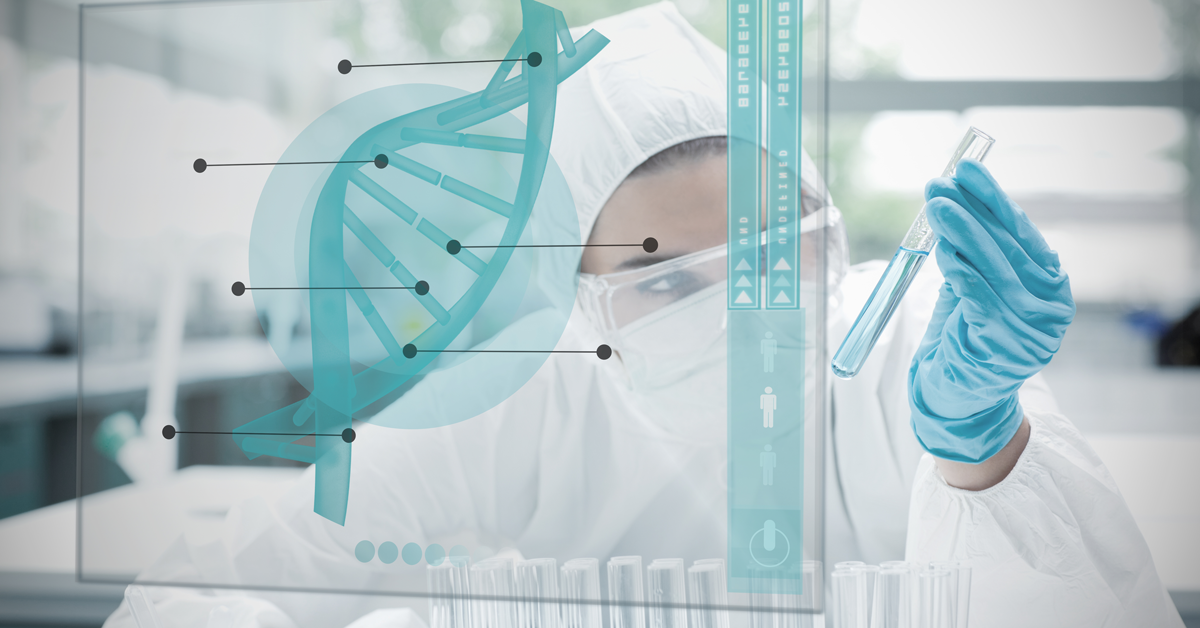 Open statement says some technologies pose “existential threats” to humanity
Open statement says some technologies pose “existential threats” to humanity
In an open statement, civil society groups, scientists, and academics are challenging the democratic legitimacy of any conclusions or policy proposals that may arise from the 2025 Spirit of Asilomar and the Future of Biotechnology conference currently running from 23-26 February at Asilomar, California.
The statement, which is currently signed by 49 organisations (including GMWatch) and 41 individuals from across the globe, says, “We are at a point in human history when technological developments, including genetic engineering, bioweapons, virological research, synthetic biology and other technologies, carry existential threats to health, the environment, the economy and human society. Questions about how to regulate, restrict, or prohibit these technologies to reduce risk require broad-based, open, transparent and honest debate involving all sectors of society.”
The statement says the latest conference is billing itself as just such an opportunity: “But we reject it as a meaningful path forward, a closed-door event of screened participants geared towards those who stand to gain.” Several scientists who are critical of biotechnology applied to attend the conference but failed to gain admittance.
The statement features a well referenced collection of biotech disasters, such as GM insecticidal and herbicide-tolerant crops, as well as highlighting future threats, such as the convergence of genetic engineering and artificial intelligence and “mirror life” – a technology that even some scientists involved in its research want to ban. It also cites COVID-19 as a pandemic for which a lab origin is “plausible” and which might have been avoided if tighter controls on virus gain-of-function research were in place.
The signatory groups are active in the fields of GMOs, farming, pesticides, ecology, agroecology, human genetics, and science in the public interest.
Asilomar 1975: Enshrining self-regulation by genetic engineers
The current conference marks the 50th anniversary of the famous 1975 Asilomar conference on biotechnology, which, in the words of Tina Stevens and Stuart A. Newman of the Alliance for Humane Biotechnology (a signatory group of the open statement), “enshrined the precedent that scientists would oversee their own enterprises. In essence, they would regulate themselves.”
In 1974 biologist David Baltimore had explained the significance of the forthcoming meeting as a way of “avoiding governmental responses” to controversial research which, he was sure, would be too constricting for investigators. “We’re stuck between self-determination of limits and imposition of orthodoxy,” he said. “We’re stuck between self-interest of scientists and the public interest.”
Genetically engineered children
One of the organisers of this month’s Spirit of Asilomar conference is Drew Endy, a synthetic biology expert at Stanford and a proponent of using genetic engineering to construct “an alternate path for propagating living organisms”. Endy once told a journalist, “If you could complement evolution with a secondary path, decode a genome, take it off-line to the level of information” – in other words, break it down to its specific sequences of DNA the way one would break down the code in a software programme – “we can then design whatever we want, and recompile it”, which could permit scientists to prevent many genetic diseases. “At that point, you can make disposable biological systems that don’t have to produce offspring, and you can make much simpler organisms.”
The journalist commented, “Endy stopped long enough for me to digest the fact that he was talking about building our own children.”
Biotechnology’s “enormous harms”
Fifty years after Asilomar 1975, at a time when GMO developing companies heavily influence how agricultural GMOs are regulated and can evade safety checks and labelling simply by self-declaring their products conventional-like, the civil society organisations and experts say they’ve had enough. They say, “Enormous harms can derive from biotechnology and these can arise by many routes, both directly and indirectly and from commercial products or laboratory experiments equally” and “biotechnologists have shown, for example, through hostility to the precautionary principle, cultural unwillingness to study or learn from past mistakes”.
The statement concludes that “Regulation of biotechnology should ultimately be by governments acting in the best interests of society as a whole and using the precautionary principle; but this requires the regulator to have: i) the necessary political authority, ii) financial independence and iii) clearly defined responsibilities.”
Concerned groups are invited to sign the statement, which can be read here. Institutional signatories are listed.
The sign-up form is here.










